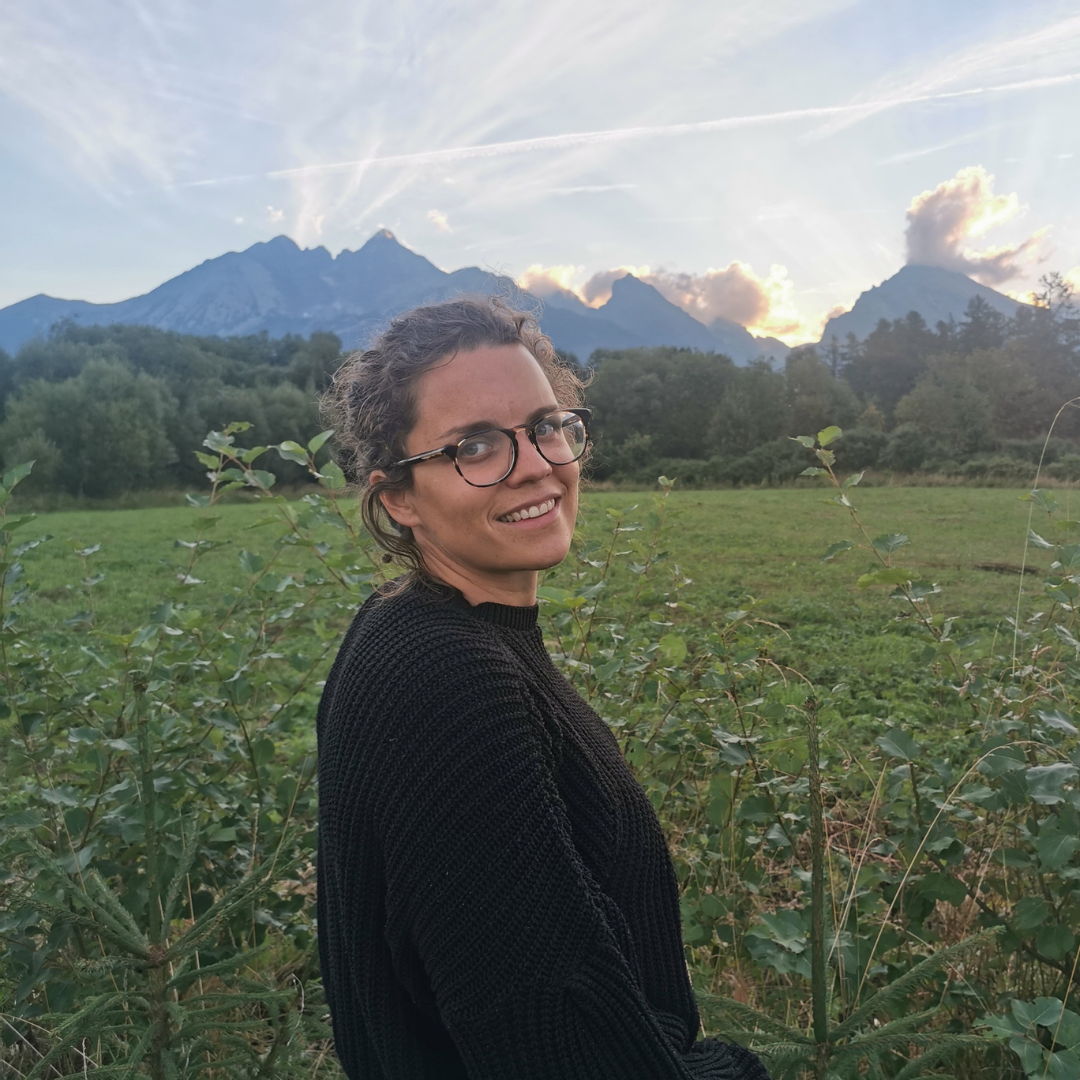
Staff interview - adapting to the pandemic

2021-22 was the year that saw Age International fighting an emergency at home as well as overseas as COVID-19 became a global pandemic. Programme Development and Funding Manager Poppy Walton told us how the staff and organisation adapted during these challenging times.
What were you focused on in 2021-22?
Mostly continuing to grow our institutional funding, with a focus on ensuring we are able to respond to the COVID-19 pandemic and supporting our partners through what has been a really challenging year.
How do you think Age International has risen to the challenge?
In February and early March last year we were conscious of the growing severity of the pandemic, but we had not processed or anticipated the scale. The data at that time did not identify older people as one of the most vulnerable groups to COVID-19. Even so, I felt the whole organisation kicked into gear in a short period of time, and we did this while navigating new ways of working with huge challenges, our staff weren’t immune to the direct impacts of the pandemic themselves. As an organisation we’ve learned how to work closely together from a distance, and I think the collaboration between teams is now stronger than ever.
What three words best describe the past year for you?
Challenging, motivating, and enlightening (that or ‘working from home!’)
What are you most proud of this year?
I am really proud of my team; I think we are stronger at a time when it would have been easy for things to fall apart. We have adapted to new ways of working within the organisation but also with our partners. We’ve grown our income, risen to the challenge and expanded the scope of our work to help reach more people with vital awareness raising; improving access to much needed healthcare and providing a safety net against some of the worse potential impacts of COVID-19, all while maintaining our ongoing support to the existing programmes we support. What do you wish you had known at the start of the pandemic? That it was going to be a marathon not a sprint, I think at the start I anticipated this being a matter of months – now we know we are looking at years. I am not sure if that knowledge would have meant I did anything differently, but I might have been better mentally prepared for what lay, and still does lay, ahead of us.
What are you looking forward to most about the future?
Healthy Ageing is one of our priority areas of work, and its front and centre on the global stage right now with a greater awareness of the specific needs of older people and the importance of thinking about our health in older age, what that means for how we live our lives but also what structures and systems are in place to provide appropriate health and care. We are moving into the UN Decade of Healthy Ageing, and I am especially excited about how our work will grow.
How has COVID-19 impacted older people in at-risk communities and our healthy ageing work?
It is clear that older people are the most vulnerable to getting particularly ill or dying from COVID-19 everywhere we work, not just in the UK or the West, and the World Health Organisation soon identified older people as an at-risk and priority group across the globe. Older people have faced isolation where there’s been lockdown measures and restrictions. They’ve also faced increased poverty – many have seen their income drop, whether struggling to access their pensions because they’re not allowed out of the house or because they or their family rely on daily wage labour which was disrupted by the pandemic. There’s also been a rise in ageism, with rhetoric around older people not being prioritised for coronavirus treatment because “they’ve had their lives” or suggesting it’s not fair on younger people to ask everyone to stay home “just to protect older people”. The pandemic has driven home the importance of the work that we do on Universal Health Coverage and strengthening health systems, which we’ve been advocating for as part of the UN Decade of Healthy Ageing and at the World Health Forum. It’s become evident during the pandemic that if people don’t have access to healthcare and health infrastructure is poor, then the impact of crises will be compounded.
Our Impact: 2020-21
Our vision is a world in which women and men everywhere can lead dignified, healthy, and secure lives as they grow older.
Regular donations change lives
Our work relies on monthly donations. A monthly gift from you could transform the lives of so many people.
